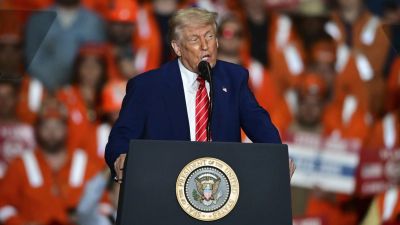India, Pak, Lanka, Bangla to be joint hosts for World Cup 2011
Australia-New Zealand lose 3-10 to joint Asian bid, India to get 22 matches, venues to be decided soon

In the end, it was a 10-wicket win for Asia.
India, Pakistan, Sri Lanka and Bangladesh were today declared co-hosts of the 2011 cricket World Cup with 10 of the 13 members of the ICC executive board voting in favour. Asia was chosen over the Australia-New Zealand combine.
The meeting decided that the 2015 World Cup would go to Australia and 2019 to England.
“It is an honour for Asia and the four countries who jointly bid for the Cup,” Pawar said. “The ICC has cast a great responsibility on us and also shown great trust in the Asian countries… We will conduct the Cup in such a way that Asia’s honour will go up”.
For the 2011 World Cup, details regarding the numbers of matches in each of the four Asian nations will be worked out soon. “India will get 22 matches but it hasn’t been decided where the final will be played or which nation will host which game,” said BCCI secretary Niranjan Shah.
BCCI vice-president Lalit Modi, who spent months organising the Asian bid, said: “the very impressive audio-video presentation floored everyone.” The 30-minute presentation showcased the cricketing infrastructure available in Asia and the passion for the game in the region.
Besides the presentation, it was “behind-the-scene hard work”, said BCCI secretary Niranjan Shah, that helped bring cricket’s biggest extravaganza to Asia after 1996 when India, Pakistan and Sri Lanka co-hosted the World Cup.
With the joint Asian bid ensuring four votes, it boiled down to securing support from three Test playing nations South Africa, West Indies and Zimbabwe. Only England voted for Australia and New Zealand. Associate members Israel, Malaysia and UAE too backed the Asia bid.
India and Pakistan had earlier hosted the event in 1987 while Sri Lanka joined them in 1996. Australia and New Zealand had staged the World Cup in 1992. The West Indies are to host the World Cup next year.
As per the schedule of matches mentioned in the joint Asian bid, India will host 22 matches, including the semi-finals, Pakistan 14, Sri Lanka 9 and Bangladesh 6.
-With K SHRINIWAS RAO






- 01
- 02
- 03
- 04
- 05

























